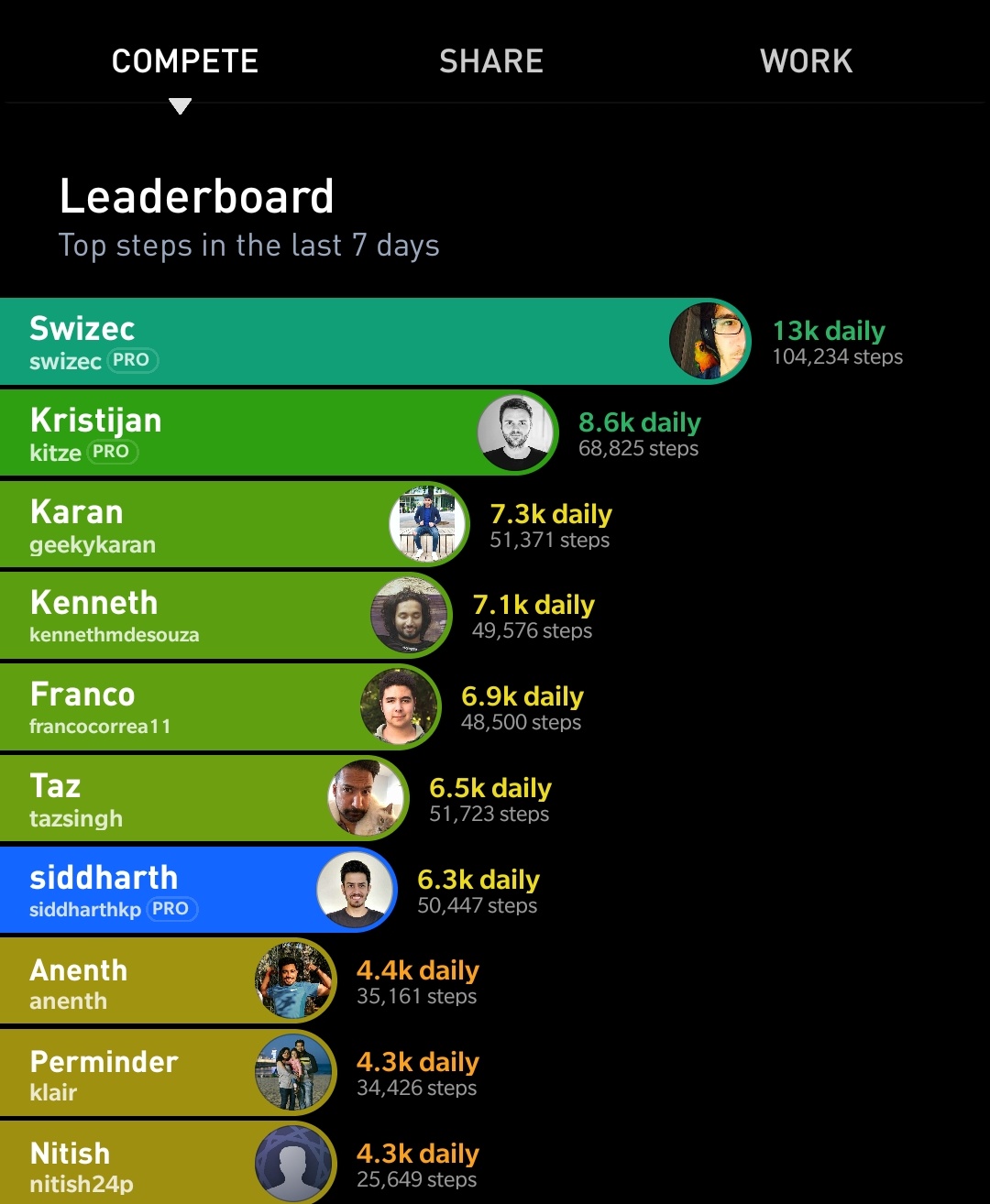If you work for a technology company, there are high chances your team already does stand-ups… and you probably already hate them.
Why do I have to drop whatever I’m doing, stand in a circle to hear about what other people did, especially when their work doesn’t even effect mine. Sometimes managers use it as an evil ploy to get everyone to come early by scheduling it at 9 am in the morning.
If you don’t know what I’m talking about, here’s the TL;DR version:
Everyone gets together and takes turns telling the rest of team about the progress they made since the last standup, what are they working on now, and if they see any blockers.
The concept is borrowed from sports where the team huddles before each half to keep the team informed, connected, and calibrated throughout the game.

Stand-ups done in the right way in super small teams can be extremely helpful, that’s rarely the case in practice.
But I’m not here to sing the agile manifesto to you, I’m here to talk about the useful side effects of having stand-ups I’ve noticed.
-
Frequently zooming out
Stand-ups are a chance for everyone to zoom out from their current task and see the overall picture of the project/sprint.
Questions you should be asking yourself in a standup - Am I even working on the right thing?
It’s easy to get lost in the task at hand, but you need to judge the importance of your current task in the overall goal. That edge case that you’re working on from the last 2 days is probably not as important as that other task which will block your teammate if you don’t finish it.

-
Accountability
This one is more subtle. When it’s your turn in a standup, it feels embarrassing to not have any progress to show. Even though your teammates won’t hold it against you, you want to show that you’re making progress.
It’s human nature to present a good version of yourself in front of others, we care what others think of us 🤷♀️
This is amplified 10x on social media - your feed is decorated with social events, vacation photos and personal milestones. If you follow me on twitter, you’ll see things I built, conferences I spoke at and courses I launched. You’ll rarely see a tweet about how I struggle with motivation or burnout.
Now, it’s silly to optimize your work around impressing others but if this is how our brains are wired, can we use it for our benefit?
I’m not suggesting that you start doing standup driven development, but putting some accountability structures in place will definitely help.
Here’s a simple example: Imagine you want to go to the gym regularly, which one of these sounds most helpful?
a. Find a gym near your house
b. Getting a gym membership
c. Getting a trainer to watch your attendance/progress
For most of us, not disappointing the trainer (that you just met) is enough motivation to be at the gym regularly!
Here’s another example: I use an app called gyroscope to track my steps and share them with friends. The leaderboard shows me how I fare compared to my friends.

When you belong to a group or tribe, you want to adhere to the expectations and norms of that group.
That’s an accountability structure! Can you guess the week I didn’t check the leaderboard:

If you can find a group where your desired behaviour is the norm, the group becomes a powerful form of change and habit formation. If you want to read more books, join a book club where reading a book every week is normal. To feel like you belong in the group, you have to keep up the behavior—which is a positive form of peer pressure.
I’ve been thinking about ways I can add accountability structures for my side projects. I start a bunch of things, but finish very few.
Here’s what I’ve come up with: Side project standup. Members meet on a video call once a week to share their progress and get feedback. Knowing that I have to show my face every week will push me to make progress.
I imagine it would start with a few people to test the concept and add more as we go. The whole thing can be live streamed on youtube for extra accountability 😅
Consistency is the hardest part, if you show up to do the work every week, you can move mountains.
If this sounds like an interesting experiment you’d want to join, let me know and I’ll email you when it starts.
Here’s a question for you: What are some accountability structures that help you get stuff done?
Hope this was helpful on your journey
Sid